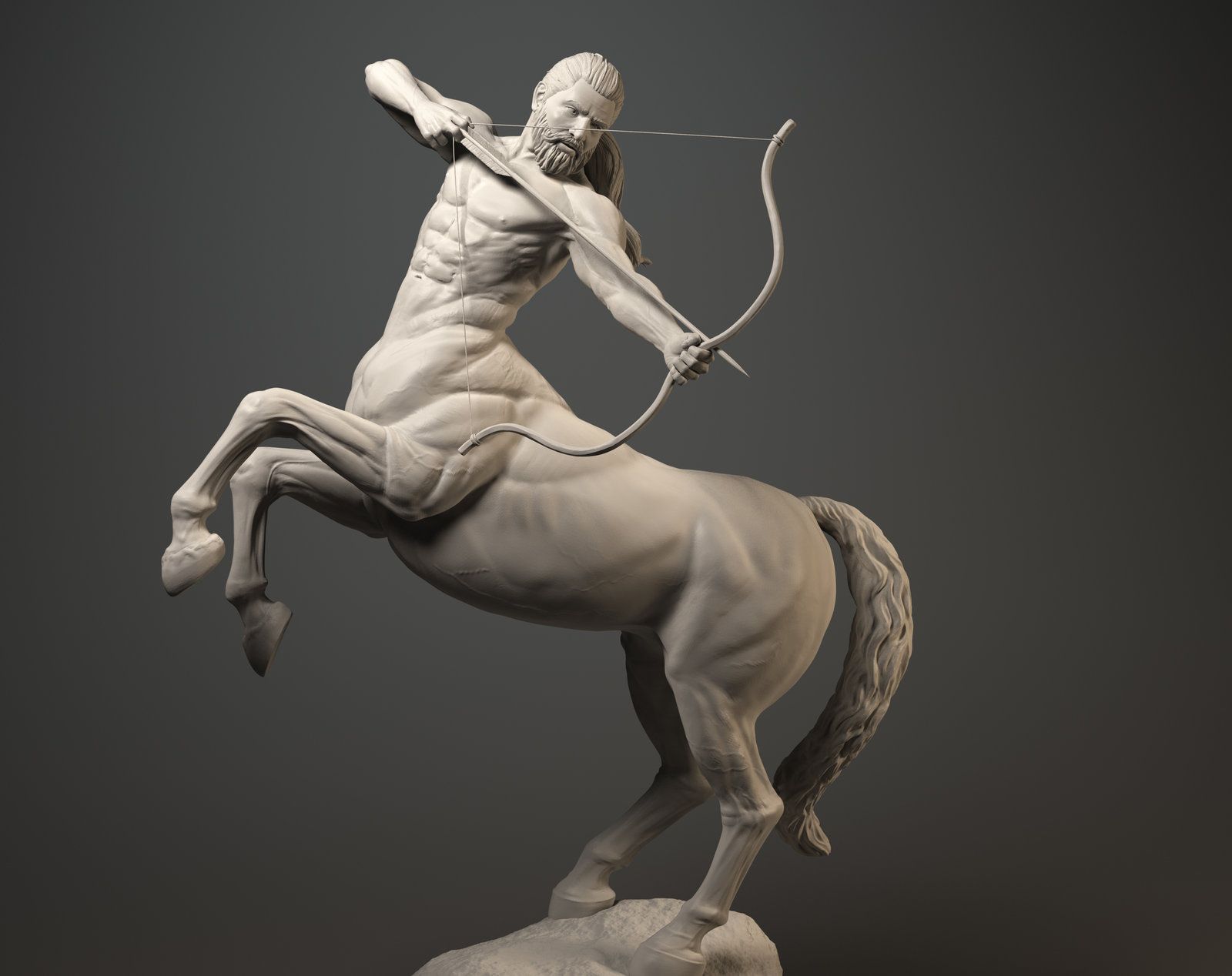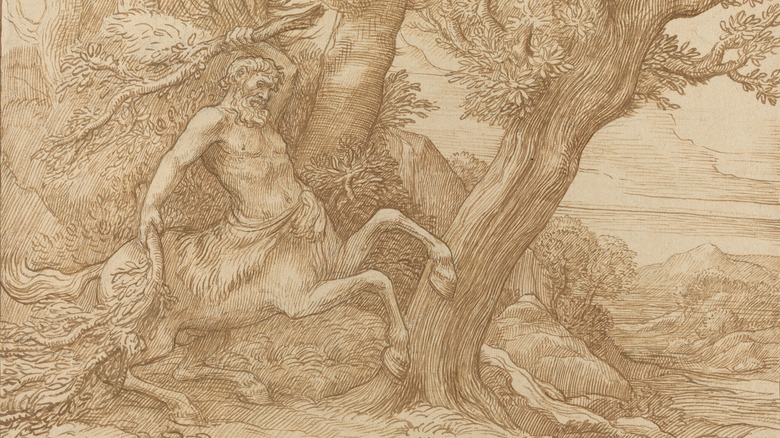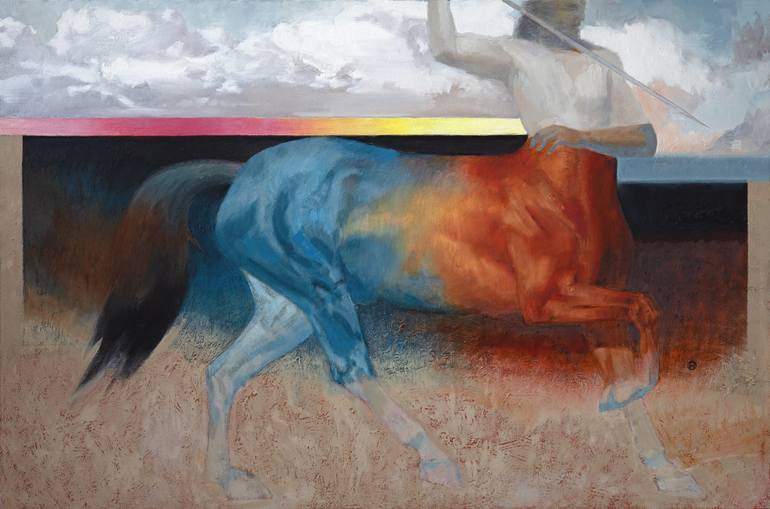The Myth of the Centaur: Half-Man, Half-Horse

The centaur is one of the most fascinating creatures in Greek mythology, depicted as a being with the upper body of a man and the lower body of a horse. This hybrid form symbolizes the duality of human nature, combining both civilized intellect and primal instinct.
Origins and Historical Context

Centaur myths originate from ancient Greek culture, where these creatures were often portrayed as wild and unruly, living in forests and mountains. They were believed to be the offspring of Ixion, a mortal king, and a cloud shaped like the goddess Hera. This divine yet flawed origin story reflects the centaurs’ complex nature.
Symbolism of the Centaur
- Dual Nature: The centaur embodies the struggle between reason and passion, civilization and wilderness.
- Wisdom and Savagery: Some centaurs, like Chiron, were known for their wisdom and healing abilities, contrasting with others who were depicted as violent and impulsive.
- Human-Animal Connection: The centaur represents the link between humans and animals, highlighting themes of transformation and hybridity.
Cultural Impact
Centaur imagery has permeated various forms of art, literature, and popular culture throughout history. From ancient pottery and sculptures to modern fantasy novels and films, centaurs continue to captivate audiences worldwide.
Table: Famous Centaurs in Mythology
| Name | Role | Characteristics |
|---|---|---|
| Chiron | Wise teacher and healer | Intelligent, kind, immortal |
| Nessus | Abductor and antagonist | Aggressive, vengeful |
| Pholus | Hospitable and friendly | Peaceful, sociable |
Frequently Asked Questions (FAQ)
Q1: What do centaurs symbolize in mythology?
A1: They symbolize the duality of human nature, balancing intellect and animalistic instincts.
Q2: Are centaurs unique to Greek mythology?
A2: While most famous in Greek myths, similar half-human, half-animal creatures appear in other cultures.
Q3: Who was Chiron?
A3: Chiron was a centaur known for his wisdom, teaching heroes like Achilles and Hercules.
Q4: Why are centaurs often depicted as wild?
A4: Their wild nature represents the untamed, instinctual side of humanity.
Conclusion
The myth of the centaur continues to intrigue us because it reflects fundamental aspects of the human condition — the ongoing tension between our rational mind and our primal urges. Understanding this myth offers insight into ancient beliefs and the timeless nature of human psychology.
